Russia's Military Strategy And The Growing Tensions In Europe
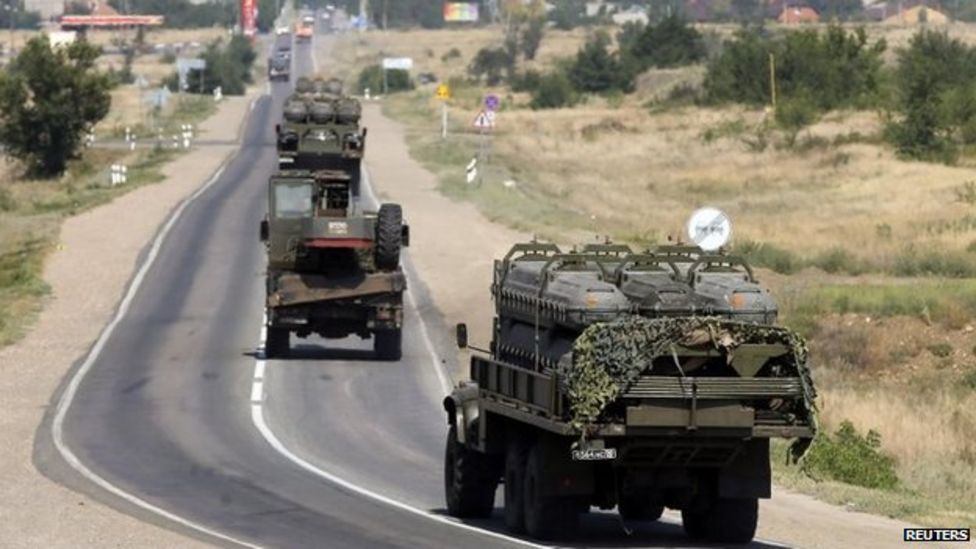
Table of Contents
Key Components of Russia's Military Doctrine
Russia's military doctrine is a complex blend of traditional and modern warfare concepts. It emphasizes several key principles, including the concept of "escalation dominance"—the ability to escalate a conflict to a level where its adversary is unwilling or unable to respond—and the utilization of asymmetric warfare. This strategy aims to leverage Russia's strengths while exploiting perceived weaknesses in its opponents.
- Emphasis on Nuclear Deterrence: Russia maintains a substantial nuclear arsenal, viewing it as a cornerstone of its national security and a key deterrent against external aggression. This nuclear umbrella significantly influences its actions on the global stage. The threat of nuclear escalation is a powerful tool in Russia’s military strategy.
- Modernization of Conventional Forces: Russia has invested heavily in modernizing its conventional forces, focusing on advanced weaponry, including hypersonic missiles and modernized tanks. This military modernization is aimed at enhancing its capabilities across various domains.
- Focus on Information Warfare and Cyber Capabilities: Russia actively employs information warfare and cyber capabilities to influence public opinion, disrupt communication networks, and undermine its adversaries. These information operations are often integrated with conventional military actions.
- Use of Proxy Forces and Mercenaries: Russia has increasingly relied on proxy forces and mercenaries, such as the Wagner Group, to conduct operations in regions of strategic interest, allowing it to pursue its objectives with plausible deniability.
Russia's Military Buildup and Regional Deployments
Recent years have witnessed a significant Russian military buildup along its borders, particularly in regions bordering Ukraine, the Baltic states, and the Arctic. This build-up is a key aspect of Russia's military strategy.
- Deployment of Advanced Weaponry and Troops: Russia has deployed substantial numbers of troops and advanced weaponry systems to these regions, including sophisticated air defense systems, tanks, and artillery. The concentration of forces near Ukraine, for example, is a clear demonstration of this strategy.
- Strengthening of Military Infrastructure: Russia has invested in strengthening its military infrastructure in these regions, constructing new bases, upgrading existing facilities, and improving its logistical capabilities. This infrastructure improvement supports its rapid deployment capacity.
- Increased Military Exercises and Drills: The frequency and scale of military exercises and drills have dramatically increased, signaling heightened military readiness and the testing of various operational scenarios. These large-scale exercises, often involving tens of thousands of troops, serve as a demonstration of military might.
The Impact of Russia's Military Strategy on European Security
Russia's military strategy has profound implications for European security. The increased military activity and assertive foreign policy have triggered significant responses from other countries.
- Increased NATO Activity and Defense Spending: In response to Russia's actions, NATO members have increased their military activity and defense spending, strengthening their collective defense posture and enhancing their forward presence in Eastern Europe.
- Heightened Tensions and Diplomatic Efforts: Tensions between Russia and the West have escalated considerably, leading to increased diplomatic efforts to de-escalate the situation and prevent further conflict. However, these efforts have often yielded limited success.
- Potential for Miscalculation and Escalation: The ongoing tensions create a significant risk of miscalculation and accidental escalation, highlighting the potential for unintended consequences arising from Russia's military strategy.
- Impact on Regional Stability and International Relations: Russia's military actions have significantly destabilized the regional security environment and negatively impacted international relations, creating a climate of uncertainty and mistrust.
Analyzing the Effectiveness of Russia's Military Strategy
Assessing the effectiveness of Russia's military strategy requires a nuanced understanding of its goals and the context within which it operates.
- Successes and Failures of Past Military Operations: While Russia has achieved some limited military successes, notably in Syria, its invasion of Ukraine has highlighted limitations in its military capabilities and strategic planning. The prolonged and costly nature of the Ukraine conflict has challenged the initial assumptions of Russia's military strategy.
- Impact of International Sanctions and Countermeasures: International sanctions and countermeasures imposed on Russia following its actions in Ukraine have significantly impacted its economy and its ability to sustain its long-term military ambitions. These sanctions have created a significant obstacle for Russia’s military strategy.
- Long-term Sustainability of the Chosen Approach: The long-term sustainability of Russia's current military strategy is questionable, given the economic and geopolitical costs associated with it. The ongoing conflict and the resulting sanctions are likely to have a significant impact on Russia’s ability to maintain its current trajectory.
Conclusion: Understanding Russia's Military Strategy and Mitigating European Tensions
Understanding Russia's military strategy is crucial for navigating the current complex geopolitical landscape and mitigating escalating tensions in Europe. The analysis above demonstrates that Russia’s military approach is multifaceted and driven by a range of strategic goals. Its effectiveness is debatable, with both successes and significant setbacks observed. The continued military buildup, coupled with the utilization of asymmetric warfare tactics, presents ongoing challenges to European security and international stability. To effectively address this volatile situation, it is essential to stay informed about Russia's evolving military posture and engage in informed discussions about its implications for European security. We urge readers to follow the work of organizations like the International Crisis Group and the Atlantic Council, and experts in the field of Russian military affairs, to gain a deeper understanding of this critical issue.

Featured Posts
-
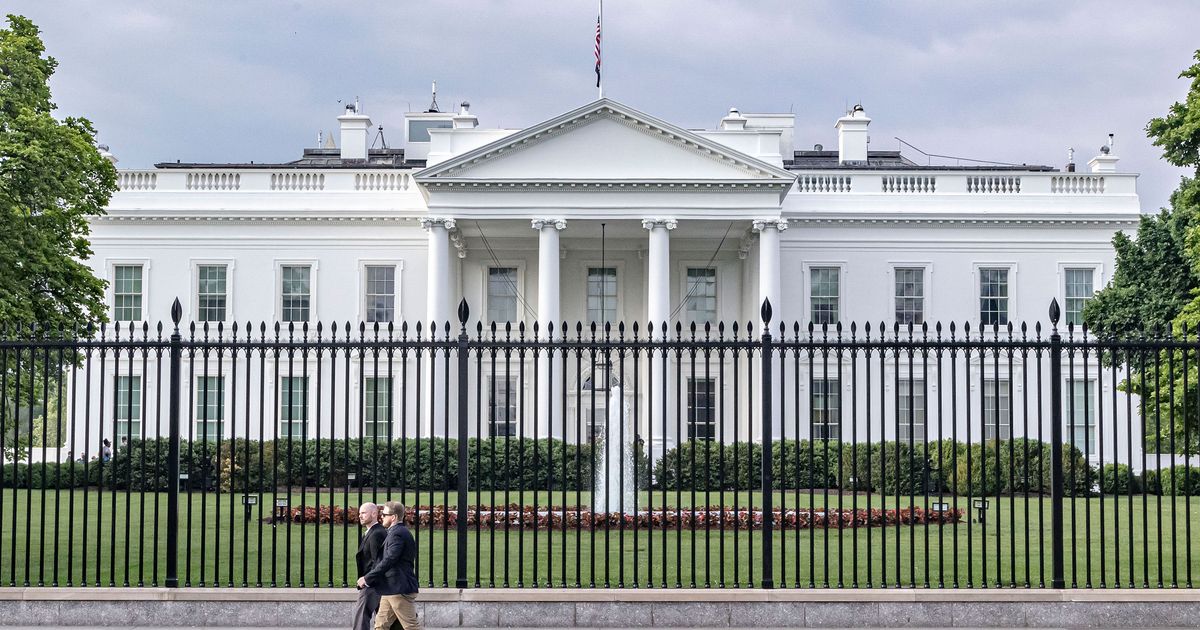 Secret Service Completes Probe Into Cocaine Found At White House
Apr 29, 2025
Secret Service Completes Probe Into Cocaine Found At White House
Apr 29, 2025 -
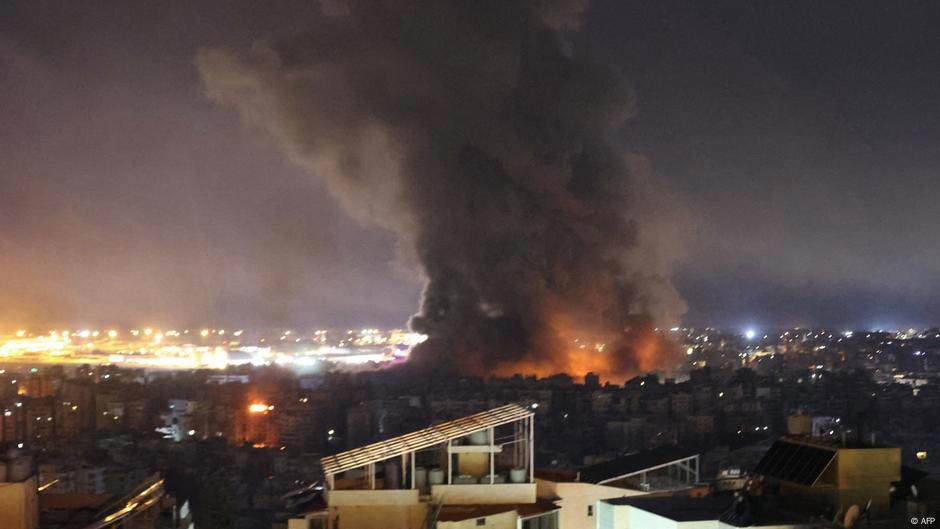 Beirut Rocked By Israeli Airstrike Following Evacuation Order
Apr 29, 2025
Beirut Rocked By Israeli Airstrike Following Evacuation Order
Apr 29, 2025 -
 Tragedy Strikes Georgia Deputy Killed Colleague Injured In Traffic Stop
Apr 29, 2025
Tragedy Strikes Georgia Deputy Killed Colleague Injured In Traffic Stop
Apr 29, 2025 -
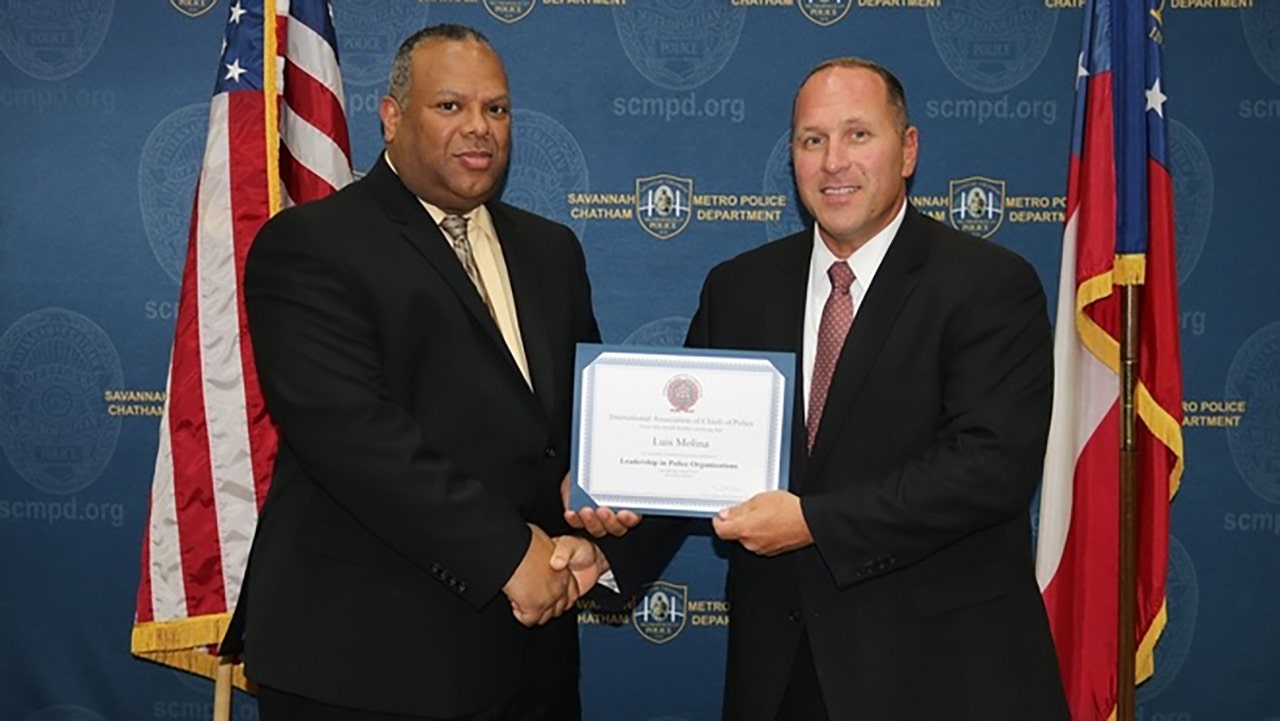 Georgian Man Arrested For Allegedly Setting Wife On Fire In Germany
Apr 29, 2025
Georgian Man Arrested For Allegedly Setting Wife On Fire In Germany
Apr 29, 2025 -
 Bof As Argument Against Overvalued Stock Market Concerns
Apr 29, 2025
Bof As Argument Against Overvalued Stock Market Concerns
Apr 29, 2025
Latest Posts
-
 Musks X Debt Sale New Financials Reveal A Transforming Company
Apr 29, 2025
Musks X Debt Sale New Financials Reveal A Transforming Company
Apr 29, 2025 -
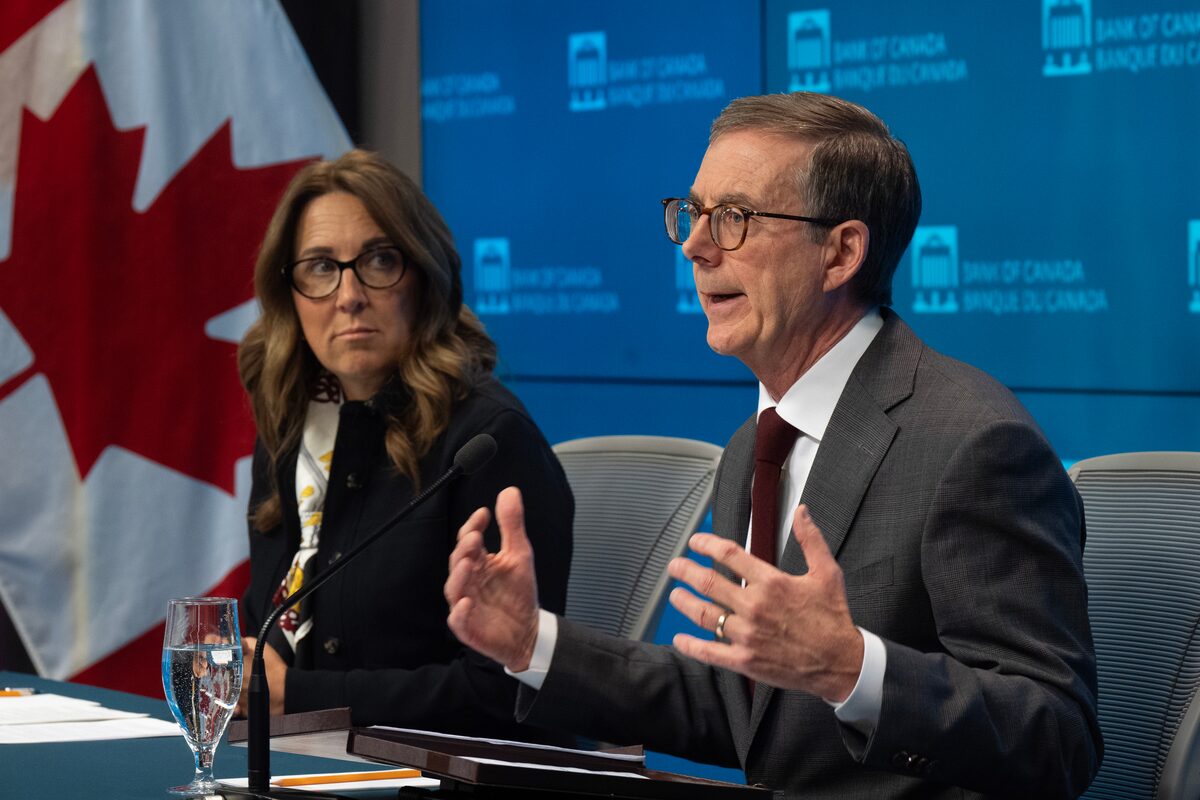 Falling Retail Sales Signal Potential Bank Of Canada Rate Cuts
Apr 29, 2025
Falling Retail Sales Signal Potential Bank Of Canada Rate Cuts
Apr 29, 2025 -
 Albertas Economic Outlook Analyzing The Dow Project Delay
Apr 29, 2025
Albertas Economic Outlook Analyzing The Dow Project Delay
Apr 29, 2025 -
 Economists Predict Rate Cuts Amidst Weak Retail Sales
Apr 29, 2025
Economists Predict Rate Cuts Amidst Weak Retail Sales
Apr 29, 2025 -
 The Impact Of Tariffs Dows Delayed 9 Billion Alberta Project
Apr 29, 2025
The Impact Of Tariffs Dows Delayed 9 Billion Alberta Project
Apr 29, 2025
